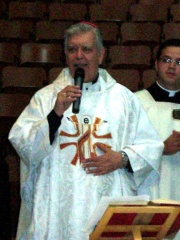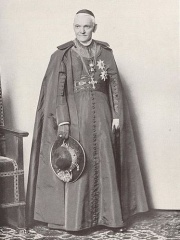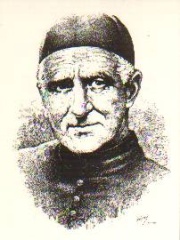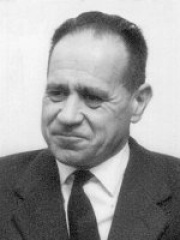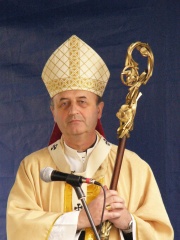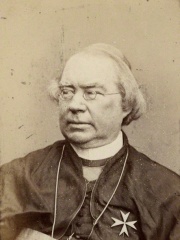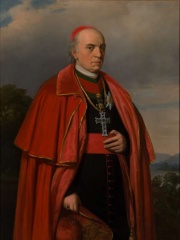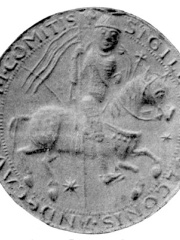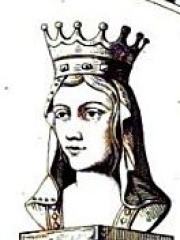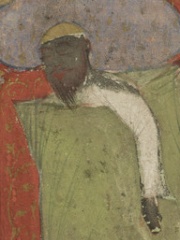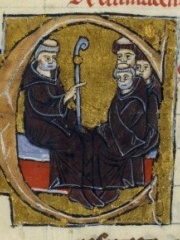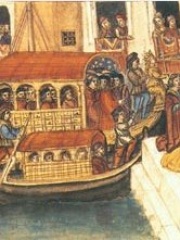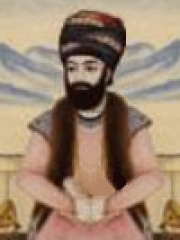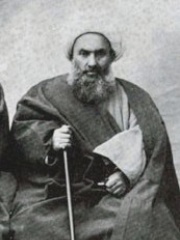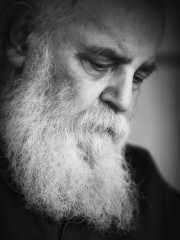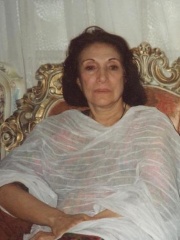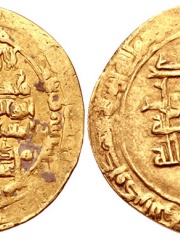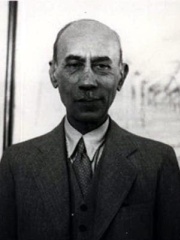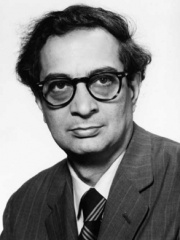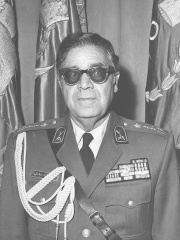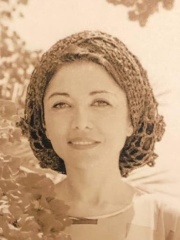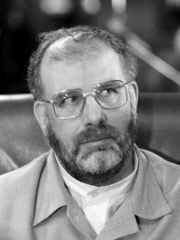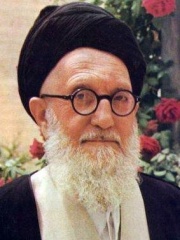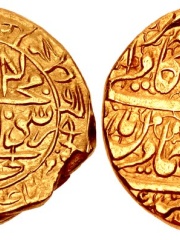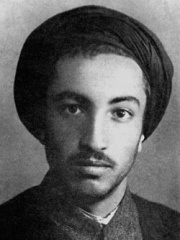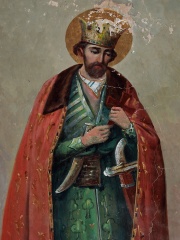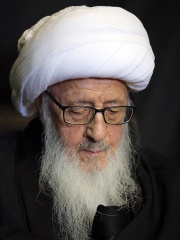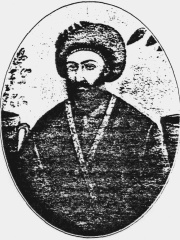RELIGIOUS FIGURE
Fakhr-un-Nisa
1092 - 1178

 Fakhr-un-Nisa
Fakhr-un-Nisa
Fakhr-un-Nisa Shuhdah Umm Muhammad al-Baghdadiyyah or Shuhdah al-Baghdadiyyah (died 1112) was a Kurdish scholar, muhaddith and a calligrapher. Read more on Wikipedia
Her biography is available in 18 different languages on Wikipedia (up from 16 in 2024). Fakhr-un-Nisa is the 2,773rd most popular religious figure (down from 2,484th in 2024), the 380th most popular biography from Iran (down from 370th in 2019) and the 39th most popular Iranian Religious Figure.
Memorability Metrics
Page views of Fakhr-un-Nisa by language
Among RELIGIOUS FIGURES
Among religious figures, Fakhr-un-Nisa ranks 2,773 out of 3,187. Before her are Jorge Liberato Urosa Savino, Kolos Ferenc Vaszary, Michel Garicoïts, Flavian I of Antioch, Arnobius the Younger, and Jean Marcel Honoré. After her are Vladimir Lossky, Jean de Sponde, Leo Makkonen, Jan Graubner, Nicholas Wiseman, and János Scitovszky.
Most Popular Religious Figures in Wikipedia
Go to all RankingsJorge Liberato Urosa Savino
1942 - 2021
HPI: 56.03
Rank: 2,767
Kolos Ferenc Vaszary
1832 - 1915
HPI: 56.00
Rank: 2,768
Michel Garicoïts
1797 - 1863
HPI: 55.99
Rank: 2,769
Flavian I of Antioch
320 - 404
HPI: 55.99
Rank: 2,770
Arnobius the Younger
500 - 455
HPI: 55.96
Rank: 2,771
Jean Marcel Honoré
1920 - 2013
HPI: 55.96
Rank: 2,772
Fakhr-un-Nisa
1092 - 1178
HPI: 55.96
Rank: 2,773
Vladimir Lossky
1903 - 1958
HPI: 55.92
Rank: 2,774
Jean de Sponde
1557 - 1595
HPI: 55.90
Rank: 2,775
Leo Makkonen
1948 - Present
HPI: 55.89
Rank: 2,776
Jan Graubner
1948 - Present
HPI: 55.89
Rank: 2,777
Nicholas Wiseman
1802 - 1865
HPI: 55.89
Rank: 2,778
János Scitovszky
1785 - 1866
HPI: 55.88
Rank: 2,779
Contemporaries
Among people born in 1092, Fakhr-un-Nisa ranks 5. Before her are Fulk, King of Jerusalem, Adelaide of Maurienne, Al-Mustarshid, and Peter the Venerable. After her is Sybilla of Normandy. Among people deceased in 1178, Fakhr-un-Nisa ranks 3. Before her are Sebastiano Ziani, and Pribislav of Mecklenburg.
Others Born in 1092
Go to all RankingsFulk, King of Jerusalem
POLITICIAN
1092 - 1143
HPI: 72.03
Rank: 1
Adelaide of Maurienne
POLITICIAN
1092 - 1154
HPI: 70.17
Rank: 2
Al-Mustarshid
POLITICIAN
1092 - 1135
HPI: 66.17
Rank: 3
Peter the Venerable
RELIGIOUS FIGURE
1092 - 1156
HPI: 63.20
Rank: 4
Fakhr-un-Nisa
RELIGIOUS FIGURE
1092 - 1178
HPI: 55.96
Rank: 5
Sybilla of Normandy
COMPANION
1092 - 1122
HPI: 53.50
Rank: 6
Others Deceased in 1178
Go to all RankingsSebastiano Ziani
POLITICIAN
1102 - 1178
HPI: 61.84
Rank: 1
Pribislav of Mecklenburg
POLITICIAN
1200 - 1178
HPI: 60.54
Rank: 2
Fakhr-un-Nisa
RELIGIOUS FIGURE
1092 - 1178
HPI: 55.96
Rank: 3
In Iran
Among people born in Iran, Fakhr-un-Nisa ranks 380 out of 631. Before her are Sayed Morad Khan (1800), Fazlullah Nouri (1843), Hushang Ebtehaj (1928), Nusrat Bhutto (1929), Mardavij (890), and Ali Mansur (1895). After her are Darius Khondji (1955), Ali Javan (1926), Gholam Reza Azhari (1912), Fatemeh Pahlavi (1928), Hassan Habibi (1937), and Marshall Manesh (1950).
Others born in Iran
Go to all RankingsSayed Morad Khan
POLITICIAN
1800 - 1789
HPI: 56.51
Rank: 374
Fazlullah Nouri
POLITICIAN
1843 - 1909
HPI: 56.36
Rank: 375
Hushang Ebtehaj
WRITER
1928 - 2022
HPI: 56.28
Rank: 376
Nusrat Bhutto
POLITICIAN
1929 - 2011
HPI: 56.25
Rank: 377
Mardavij
POLITICIAN
890 - 935
HPI: 56.11
Rank: 378
Ali Mansur
POLITICIAN
1895 - 1974
HPI: 56.07
Rank: 379
Fakhr-un-Nisa
RELIGIOUS FIGURE
1092 - 1178
HPI: 55.96
Rank: 380
Darius Khondji
POLITICIAN
1955 - Present
HPI: 55.91
Rank: 381
Ali Javan
PHYSICIST
1926 - 2016
HPI: 55.74
Rank: 382
Gholam Reza Azhari
POLITICIAN
1912 - 2001
HPI: 55.70
Rank: 383
Fatemeh Pahlavi
POLITICIAN
1928 - 1987
HPI: 55.61
Rank: 384
Hassan Habibi
POLITICIAN
1937 - 2013
HPI: 55.59
Rank: 385
Marshall Manesh
ACTOR
1950 - Present
HPI: 55.57
Rank: 386
Among RELIGIOUS FIGURES In Iran
Among religious figures born in Iran, Fakhr-un-Nisa ranks 39. Before her are Mohammad Kazem Shariatmadari (1906), Suleiman II of Persia (1714), Navvab Safavi (1924), Luarsab II of Kartli (1592), Hossein Wahid Khorasani (1921), and Kazim Rashti (1793).
Mohammad Kazem Shariatmadari
1906 - 1986
HPI: 58.60
Rank: 33
Suleiman II of Persia
1714 - 1763
HPI: 58.57
Rank: 34
Navvab Safavi
1924 - 1956
HPI: 58.49
Rank: 35
Luarsab II of Kartli
1592 - 1622
HPI: 58.38
Rank: 36
Hossein Wahid Khorasani
1921 - Present
HPI: 58.07
Rank: 37
Kazim Rashti
1793 - 1843
HPI: 56.54
Rank: 38
Fakhr-un-Nisa
1092 - 1178
HPI: 55.96
Rank: 39
